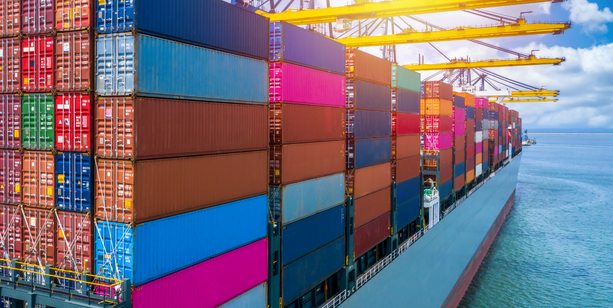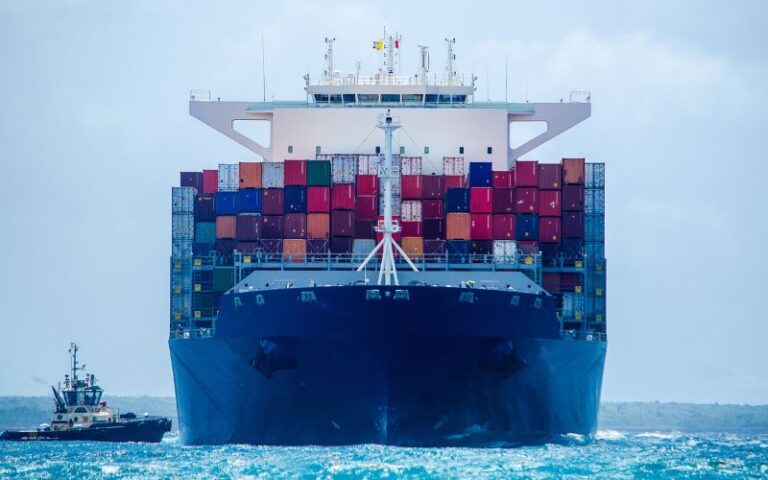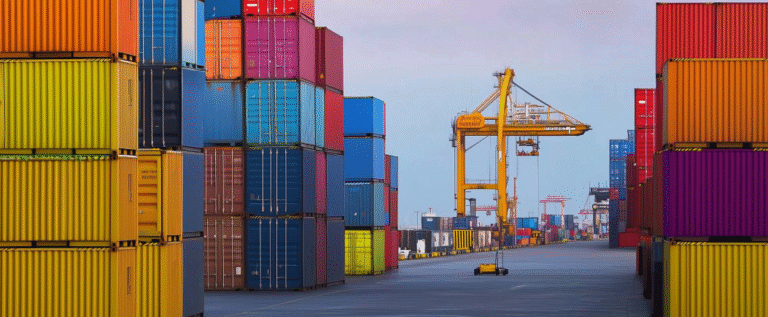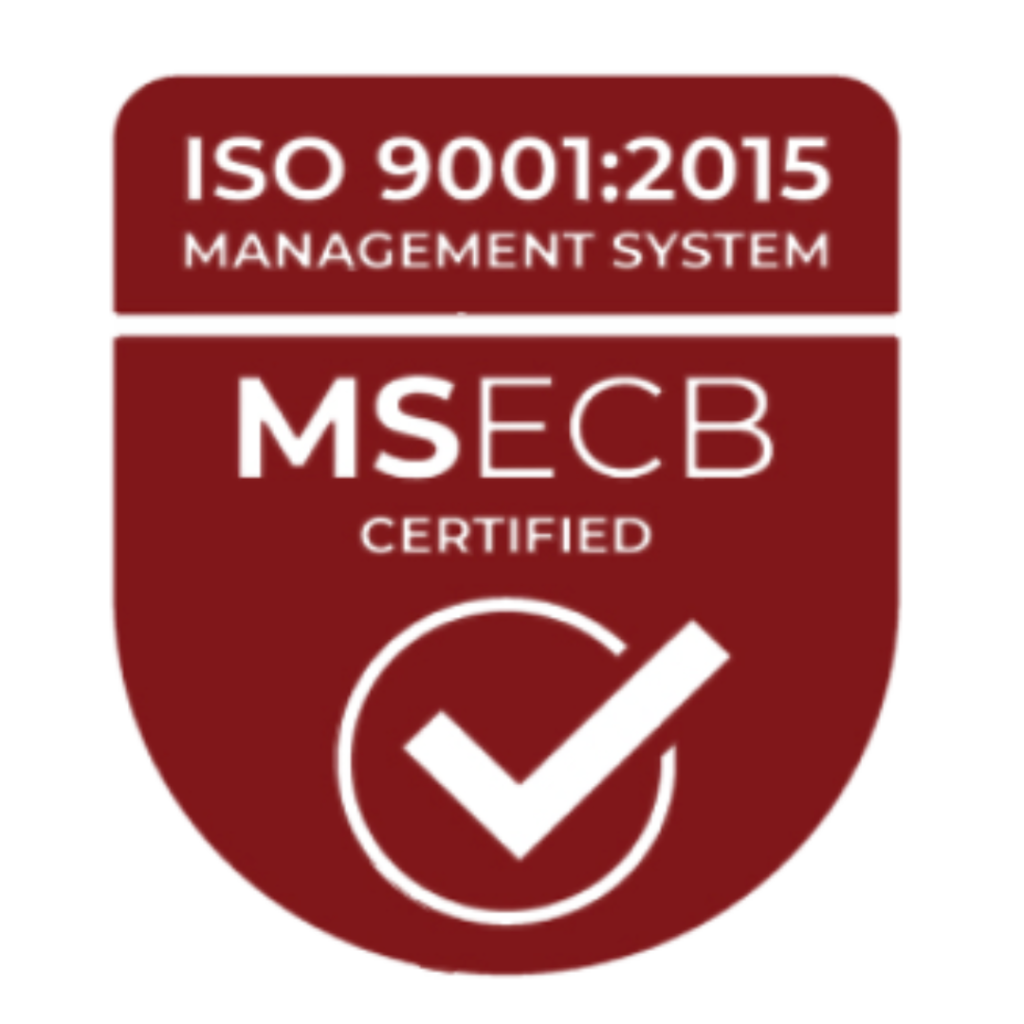A seasoned and experienced agent is your ground handler, who effectively clears your ship at the port with the bare minimum documents at the appropriate time, resulting in efficient savings and compliance with land laws.
Selecting an unfitting agency will evoke undue delays at handsome costs, surprise bills, crew unrest, or even detention of your ship for non-adherence. With an expanding world trade and increasingly demanding port formalities, allowable fault tolerance continues to decrease.
This write-up sheds light on the most common mistakes made by shipowners and charterers in the choice of a shipping agency and sheds real light on guiding you towards a correct choice.
1. Disregarding Regulatory Requirements and Country Licenses
The most catastrophic mistake a shipowner or operator can make is hiring a shipping agent without properly verifying their regulatory position and licensure. Shipping in a country like Nigeria, whose port operations are regulated by maritime authorities, is a matter of complete conformity and registration with the authorities.
A genuine shipping company should:
- You must be completely registered with major agencies like the Nigerian Ports Authority (NPA), the Nigerian Maritime Administration and Safety Agency (NIMASA), and the Nigerian Shippers’ Council (NSC).
- Authorized Pass and Port, operating licenses, and registration with a licensed agent’s database for large harbors.
- Possess the appropriate industry certifications, such as ISO 9001:2015, which ensure that quality management systems meet worldwide standards.
- Give information about various local procedures, such as the Electronic Cargo Tracking Note (ECTN), the Terminal Clearing Requirements, and a port’s safety or environmental compliance protocols.
Failure to verify these credentials could expose your activities to severe threats, like port entry refusal, denied berthing, regulatory authority fines or penalties, or detention of your vessel or cargo for non-conformance.
2. Not Considering Track Record and Customer Experiences
It can be just as detrimental to pick an agency without closely examining its history. Shipping commerce is a matter of accuracy, regularity, and flexibility—qualities better proven with experience.
Before hiring an agency:
- Find out if they have successfully marketed similar ship types to your ports of call, such as bulkers, tankers, container ships, or offshore support vessels.
- Request references, written case studies, or referrals attesting to their ability to function well under duress.
Selecting an under-screened agency is speculating with your cargo, your compliance history, and your bottom dollar, particularly in bad or foreign port scenarios.
3. Throwing Ambiguous or Late Communication
Lack of communication can be very costly:
- Set your expectations early on: How often will you be told? By what medium? In what format?
- Beware of agents who are not available after office hours or during emergencies.
- Failure to maintain regular communication regarding ship schedules or progress reports is usually a sign of deeper operational disorganization.
A good agency makes sure you’re always in the know and at peace.
4. Registration Without a Clear Bill That’s Transparent
Financial uncertainty is a frequent and expensive error, so:
- Always ask for a Pro Forma Disbursement Account (PDA) before initiating operations.
- Confirm the agency issues a sum-total Final Disbursement Account (FDA) by verifying receipts.
- Watch out for blanket charges such as “miscellaneous charges”—they can be employed to hide inflated or excessive charges.
Transparent billing prevents unnecessary surprises and allows for appropriate financial planning.
5. Neglecting Local Ports’ Experience and Authority Relations
Global firms underestimating local knowledge:
- Local familiarity with the nuances of port, traffic situation, and the procedure of authority is priceless.
- Such airlines with strong relationships between terminals—customs, port health, immigration, NPA—can obtain quicker berthings and smoother clearances.
Without this cost savings advantage, it can result in costly delays, especially at busier ports.
6. Not Providing 24/7 Support
Port business is not a 9–5 affair:
- Confirm that your agent makes available real-time support for night or after-hours problems, shore-pass documentation, or last-minute documentation.
- Inability for round-the-clock operations, especially over weekends or holidays, may cause unexpected stalls for cargo operations.
Regular maintenance keeps your boat from sitting still during the worst moments.
7. Cargo-Type and Terminal Specialization excluded
One size doesn’t fit all:
- Tanker, container, bulk, or heavy-lift operations involve specific mandates—equipment, approval, and safety protocols.
- Confirm the agency has dealt with cargo of the same kind in your source or destination terminal.
- Operators who are not aware of particular cargo-handling requirements—i.e., temperature, possible contamination, or dangerous materials—can build catastrophic dangers.
Agency-specific context capacity design minimizes operational friction and maximizes protection.
8. Inadequate Review of Emergency Response Preparedness
When disaster strikes, agents have to act swiftly:
- Inquire if they possess the latest contact lists of the fire brigades, environmental groups, and harbor security detachments.
- Do they have expertise in managing spillages, questionnaires, crew emergency cases, or issues of vessel detention?
- Not preparing contingency plans can lead to catastrophic delays in real emergency conditions.
Foresight saves time, money, and reputation.
9. Ignoring Settlement of Disputes and Legal Safeguards
This can cause operational disputes—be prepared:
- Check your contract carefully for whether it provides for liability, for force majeure, and for dispute resolution.
- Ensure that there are specific expectations for corrective measures and escalation procedures.
- Not clearly defining these terms can put you at a loss in case of cargo misreporting, losses from operation, or regulatory fines.
Clearly defined terms keep your interests safe at the beginning.
10. Not Performing Technology and Reporting Tool Evaluations
Old methods will not do:
- Look for agents who provide virtual solutions like real-time tracking, ETA notifications, or document portals.
- Verify automated reporting capabilities—delivery notes, invoice tracking, tally sheets.
- Those agents who don’t have updated tools will be more prone to lag, inaccurate data, or inefficiency.
Investment in technology-driven partners provides greater transparency and control of the workflow.
Summary Table: Best Practices vs. Common Errors
| Common Mistake | Best Practice |
| Ignoring compliance credentials | Verify licenses, ISO adherence, and local authority registrations |
| Overlooking track record | Request references and review past performance in similar operations |
| Accepting poor communication | Set clear update frequency and communication channels |
| Tolerating vague billing | Require detailed PDA/FDA with itemized costs and receipts |
| Dismissing local familiarity | Choose agents with deep knowledge of port and authority interplay |
| Operating with limited hours | Confirm 24/7/365 availability |
| Selecting ill-suited agents | Match your cargo type to agency specialization options |
| Neglecting emergency planning | Ensure they have robust contingency and crisis response frameworks |
| Ignoring legal terms | Confirm dispute, liability, and termination protocols |
| Overlooking tech capabilities | Favor agencies with reporting portals and digital communications |
Why Wolid International Ltd stands out
Accommodating functional effectiveness, jeopardy minimization, and compliance can be greatly augmented with mishap avoidance and the choice of the appropriate shipping agent. Wolid International Ltd holds a world-class image within the Nigerian maritime sector due to a tried-and-true standard and execution culture.
Here’s why shipowners turn to Wolid:
- NIMASA fully compliant, NPA fully compliant, and ISO 9001:2015 certificate for quality management
- Proven track record for transporting cargo, tankers, and advanced marine logistics in real-time coordination and communication, particularly for time-critical activities.
- Transparency of billing via elaborate PDAs (Proforma Disbursement Accounts) and FDAs (Final Disbursement Accounts)
- Strong business relationships with port and terminal operators within Lagos, Warri, Onne, and Port Harcourt
- Effective emergency management systems and legislative protective measures
- Advanced digital reporting, tracking, and effortless document submission capabilities
Conclusion
Selecting a reliable shipping agency is crucial. By avoiding common pitfalls and prioritizing quality, vessel operators can protect their schedules and profit margins. Use this guide to meticulously vet your agency partners. For top-notch operational expertise, consider partnering with Wolid International Ltd.





